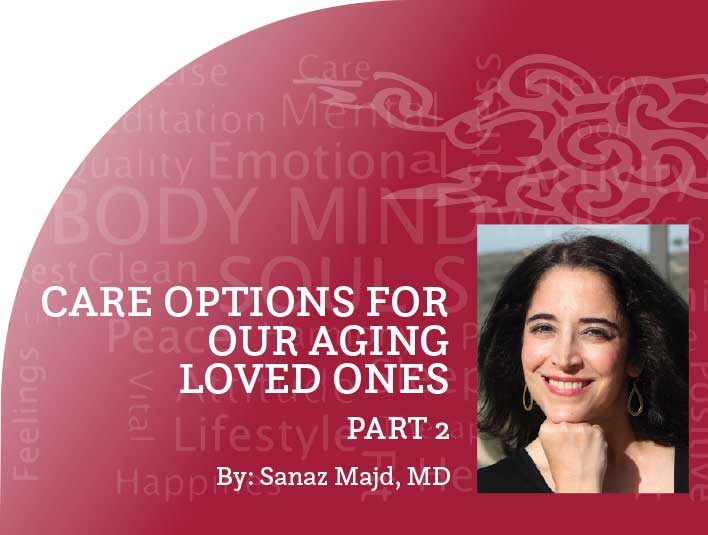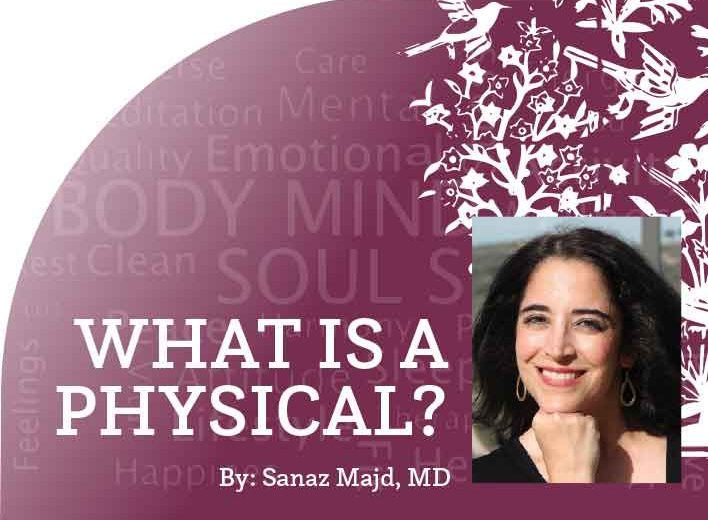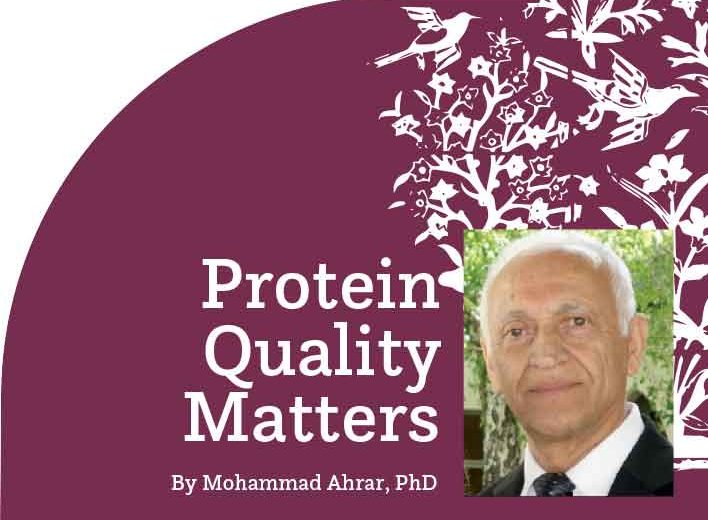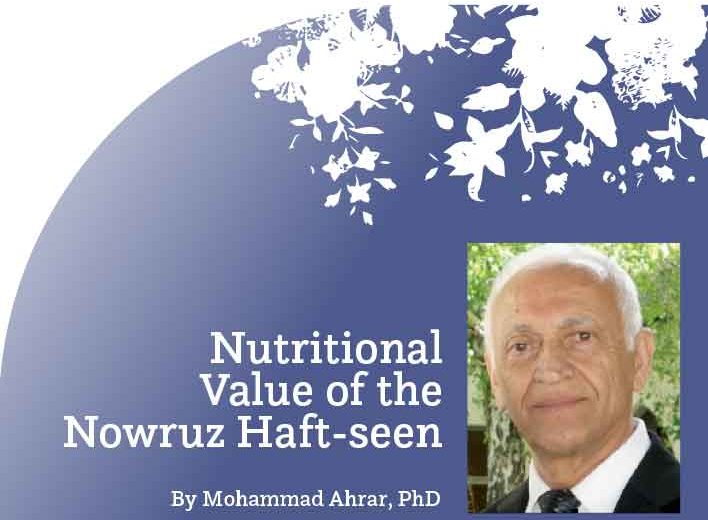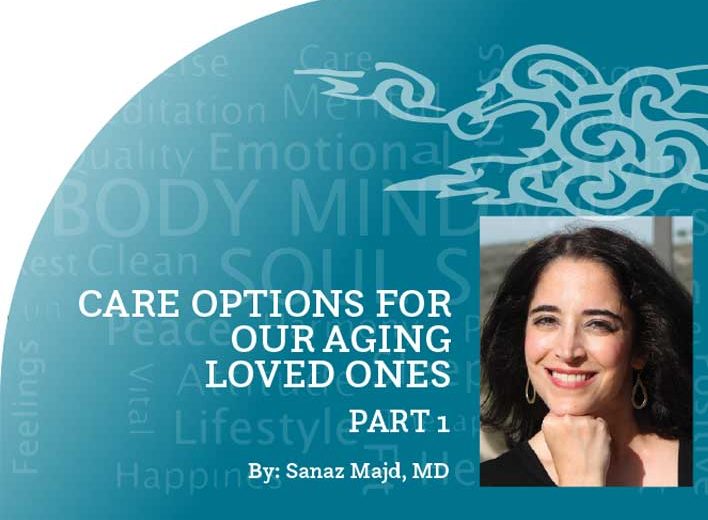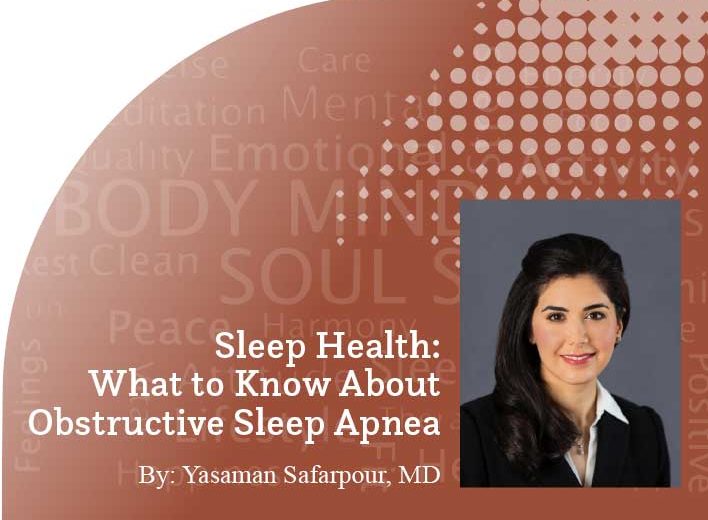CARE OPTIONS FOR OUR AGING LOVED ONES – PART 2
By: Sanaz Majd, MD

With advancements in medicine throughout the years, people are living longer and longer. And many of us may be facing one of the toughest parts of life—having to make decisions for our aging loved ones.
In the last issue of Peyk, I reviewed some options available for those who are able to keep their loved ones at home. In this issue, I will review some of the out-of-home options. I know that it is a very painful topic that none of us would like to think about, but it is vital to plan ahead. Remember that the safety of your loved one should always be first priority—if they can no longer live at home safely and/or require 24-hour care that you may not be able to provide, it is important to plan accordingly.
I will also briefly review some key medical planning documents that will help communicate your loved one’s wishes. Please pay attention to the resource list at the end of the article for links to each topic.
LONG TERM CARE INSURANCE
For those of you who are younger and trying to plan, one important topic to explore is long term care insurance. (1) Your monthly premiums will be lower if you invest in this earlier on in life, consider maybe around age 50. And once you reach that stage in your life in which you need more assistance, the long term care services will kick in, whether it is to obtain help in the home or helping to pay for the costs of an assisted living facility.
ASSISTED LIVING VS. MEMORY CARE FACILITIES
Assisted Living and Memory Care facilities may not be easy on the pocket book for the average working family. The monthly rates are anywhere between $5,000 to $12,000. I have seen some of my patients being sadly forced to sell their homes in order to pay for these high monthly expenses. And when the funds are depleted, they must find a plan B.
I have also seen some families cover these high costs by banding together resources from multiple family members—three siblings sharing the cost avoids a great burden on just one family member.
Please check out a few online websites that provide ratings of these facilities. (2) You will be able to schedule a tour and, when selecting a facility, there are some considerations to keep in mind while touring:
The number of Farsi-speaking residents: It may be worthwhile to select a facility that is further away if you have the comfort of knowing that your loved one is surrounded by residents who are Iranian and/or speak Farsi if they are more comfortable in such an environment.
The staff to resident ratio: The greater the number of residents assigned to each caretaker or nurse, the less one-on-one attention your loved one will be able to obtain.
Memory care vs. regular assisted living: If your loved one suffers from dementia, it will likely be progressive. Even though an assisted living center may be appropriate during the beginning stages of the disease, at some point your loved one may require a transfer to a higher acuity memory care facility. Or, alternatively, you can enroll them in the memory care facility from the beginning so that you don’t have to deal with that painful step later on, and your loved one won’t have to re-adjust to a new environment at a later stage when the dementia has worsened.
The types of activities planned for residents: Does the facility plan daily activities to keep the residents engaged? How often? Are yoga and listening to piano something your loved one would enjoy? Or are they more outdoorsy and would prefer picnics and beach outings? Do they take field trips outside the facility?
Hygiene: Do their residents appear well-taken care of? How many times/day do they change briefs for incontinent patients? How many times a week do they provide showers for their residents? How friendly do the staff appear?
ASSISTED LIVING WAIVER (ALW) PROGRAM
The ALW program is Medicaid-funded to provide housing for those who can no longer care for themselves and are unable to live in the home. (3) It is a program that helps pay for assisted living/memory care facilities for those who are low income and are Medicaid eligible.
The program simply collects the resident’s monthly SSI checks (if they receive SSI), which is currently maxed at about $1,300 a month, and then Medicaid pays the rest of the cost. It is a bargain given that assisted living facilities typically will cost $5,000 and up.
I know what you may be thinking—if Medicaid is involved, then the facilities must be intolerable? You may be surprised. Yes, not all facilities accept the ALW program, but there are some very respectable facilities with all the amenities who do. Word of mouth is key here. But I would highly encourage a tour to get a sense of the facilities near you before you decide. Here is a link of the current participating list of facilities in California: https://www.dhcs.ca.gov/services/ltc/Documents/List-of-RCFE-facilities.pdf. Other states may have similar programs.
To get the ball rolling, there is an application (see link in the Resources list below). Once you complete the application, you must forward it to one of the agencies contracted with Medi-Cal (in California) that help process it: https://www.dhcs.ca.gov/services/ltc/Documents/Care-Coordination-Agencies.pdf.
Some of the agencies may have a greater presence in certain regions and will send their representatives to some of the facilities, so you may want to inquire which ones when contacting the facilities. But any of them can get the job done in the end.
In the meantime, you can start calling the facilities you are interested in, ask to speak to the director of admissions, and inquire of any openings. If there are none, you have the option of placing your name on the waitlist. Then schedule a tour. Once you find an opening at the facility of your choice, you can call the agency and have them expedite your application in order to secure your spot at the facility. It pays to be proactive to complete all of these steps; otherwise, it may take months for the agency to do all of this for you.
MEDICAL PLANNING FORMS
If your loved one lacks capacity, a term that refers to when someone can no longer make decisions for themselves, sometimes family members have had to seek a long process referred to as “conservatorship” rights through the court. (4)
Ideally, however, it would be wise to obtain a healthcare Durable Power of Attorney when your loved one actually has capacity, in which they can name a family member to make decisions for them in case they cannot in the future. (5) This is typically achieved through an attorney. The Legal Aid Society may also provide free guidance from attorneys who will help you do this.
Another option is an Advance Directive, which is a legal document that communicates the patient’s wishes regarding medical care once they no longer have capacity. (5) On this form, the patient grants a family member (or friend) proxy to make decisions for them once they are no longer able to—the form does not go into effect until then. It is a rather simple form that does not require an attorney, and most medical offices can provide you with a copy.
Physician Orders For Life-Sustaining Treatment (POLST) is another form that serves as a medical order in which your loved one communicates what their wishes would be if they are in a medical emergency and/or end of life. (5) As an example, what would your loved one want to be done if their heart was to stop—would they want CPR or would they want to pass on peacefully? Each state has its own version, but the form requires a physician signature and should include a discussion between patient and physician. This characteristically bright pink form can be obtained at any doctor’s office or hospital.
Copies of these documents can be submitted to your doctor and entered into your medical chart.
RESOURCES:
1. LONG TERM CARE INSURANCE:
https://www.insurance.ca.gov/01-consumers/105-type/95-guides/05-health/01-ltc/ltc-insurance.cfm
2. ASSISTED LIVING/MEMORY CARE FACILITY RATINGS & PLACEMENT SUPPORT:
U.S. News World Report: https://health.usnews.com/best-senior-living/assisted-living/california/san-diego
AssistedLiving.Org: https://www.assistedliving.org/california/san-diego/
A Place for Mom: https://www.aplaceformom.com/assisted-living/california/san-diego
Sunset Senior Placement Advocacy: http://www.sunsetseniorplacement.com/
Partner in Aging: https://tinyurl.com/5cunf8zh
3. MEDI-CAL LONG TERM CARE OPTIONS OUTSIDE THE HOME:
Assisted Living Waiver (ALW) Program: Go to https://www.ca.gov/ and in the Search field type “ALWP” to obtain the most current updated list
List of participating facilities: https://www.dhcs.ca.gov/services/ltc/Documents/List-of-RCFE-facilities.pdf
Participating Care Coordination Agencies: https://www.dhcs.ca.gov/services/ltc/Documents/Care-Coordination-Agencies.pdf
Libertana (a Participating Care Coordination Agency in San Diego): https://libertana.com/services/assisted-living/
Health Homes Program: extra services at no cost to Medi-Cal members with certain chronic health and/or mental health issues who have high health care needs or do not have a place to live. https://tinyurl.com/4htas98p
Understanding Medi-Cal Longterm Care: https://tinyurl.com/455brc44
Overview of Medi-Cal Longterm Care: https://canhr.org/overview-of-medi-cal-for-long-term-care/
Longterm Care Ombudsman Program: where to report longterm care facility complaints https://tinyurl.com/2nw9wun8
4. OBTAINING CONSERVATORSHIP:
San Diego Court Conservatorship Packet: https://www.sdcourt.ca.gov/pls/portal/docs/page/sdcourt/generalinformation/forms/probateforms/pkt-030_fillable.pdf
How to fill out the conservatorship application on your own: https://www.youtube.com/@granttoeppen158
Legal Aid Society free help with completing conservatorship application: https://www.lassd.org/walk-in-legal-clinics/
5. END OF LIFE DECISIONS:
POLST: https://capolst.org/polst-for-patients-loved-ones/
Advance Directive: https://www.nia.nih.gov/health/advance-care-planning/advance-care-planning-advance-directives-health-care
FUNERAL PLANNING:
Direct Cremation options:
Accucare: https://www.accucarecremation.com/cremation-process/
Opal: https://www.opalcremation.com/cremation-cost/
Affordable Funeral Solutions (AFS): https://www.affordablefuneralsolutionsca.com/home-1
Caskets & Urns @ Costco: https://www.costco.com/funeral.html
Sanaz Majd, MD is a board-certified Family Medicine physician and host of the Majd MD YouTube channel (@Majd MD), reviewing the latest medical topics and headlines. You can also follow her on Facebook or Instagram: @SMajdMD.

